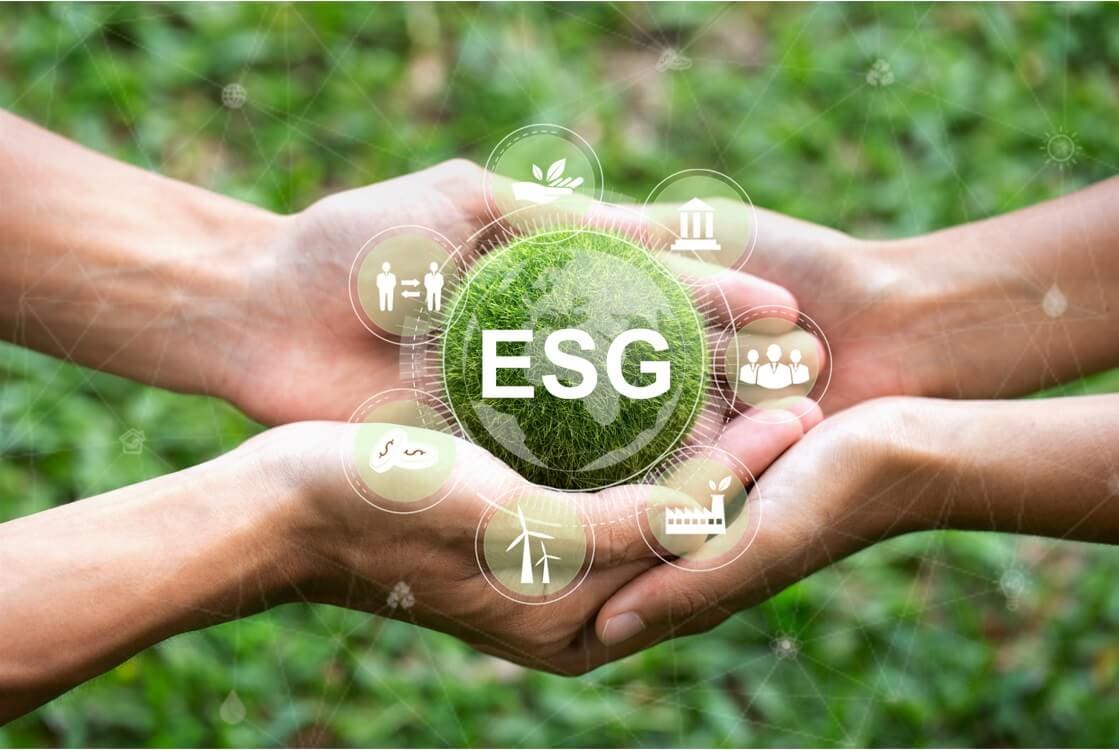Talk to our friendly team today
Learn more about our two frameworks for improving organisation sustainability and how we can help your organisation transform.
Benchmarking board performance: 500 board reviews later
Unlock evidence-based insights into board performance

Insync is proud to announce that Dr Sugumar Mariappanadar has joined it in the role of Senior Sustainability Advisor. Dr Mariappanadar has been working in the field of sustainability for more than 20 years and is an acknowledged global leader in his field.
He and Insync’s Executive Chairman, Nicholas Barnett co-authored a whitepaper outlining two new frameworks for evaluating and improving organisation sustainability – the Organisation Sustainability Maturity Matrix (OSMM), and a Sustainability Transformation Plan Framework (STPF).
Organisation sustainability is an important governance and management practice used by organisations in synthesising and accepting the paradox between the three contradictory and complementary pillars of sustainability (i.e., Profit (economic/financial), People (human/social) and Planet (environmental) to create long-term shared value, minimise harm and mitigate financial risks.
In this context, organisation sustainability programs are inclusive of corporate social responsibility (CSR) initiatives used to enhance an organisation’s ESG performance.
A tidal wave of change in societal views that has been sweeping the globe in recent years has set a much higher bar for the way organisations interact with their investors, employees, customers, suppliers and communities, and the impact that organisations have on the natural environment to enhance their ESG performance.
The impact of this change is likely to increase as yesterday’s actions are almost certain to be judged by tomorrow’s much higher standards of ESG performance.
Achieving a more holistic and strategic approach to ESG sustainability has already required some organisations to rethink their vision, purpose, strategies and even their business model. Others will need to determine whether their vision, purpose, strategies and business models include all the appropriate sustainability characteristics. A more holistic and strategic approach will also almost certainly require organisations to rewire their structure, policies, culture, systems, and processes to better align with their new ESG sustainability ambitions and performance objectives.
The transformation journey, including this reassessment and realignment process, is likely to take organisations at least three to five years, with significant measurable progress likely identifiable within one to two years.
A new level of authenticity, leadership and capability will be required in synthesising and accepting the ongoing tension and paradox between the contradictory and complementary financial, human/ social, and environmental pillars of sustainability.
The OSMM and STPF focus on integrated strategic sustainability (CSR) programs/activities to rewire organisation structure, policies, culture, systems, and processes for improved ESG performance outcomes. This will help organisations meet and go beyond the sustainability standards of SASB and GRI using metrics-based information on stakeholder reciprocation, firm reputation, sustainability innovation, and also reduce firm risks.
If you would like to find out about our new ESG Maturity Calibration Survey, our new ESG Capability Survey or arrange for a 30-minute no obligation discussion with Dr Mariappanadar and/or with Nicholas Barnett please Contact Us.
Dr. Sugumar Mariappanadar is one of the top two internationally acclaimed researchers who have shaped the field of sustainable HRM since 2000 to help organisations to achieve ESG sustainability outcomes. Sugumar is Fellow – College of Organisational Psychologists – Australian Psychological Society (APS), and Certified Academic HR (CAHR) of the Australian Human Resource Institute (AHRI). He has published more than fifty research articles in peer-reviewed international journals, book chapters and refereed conference publications. He has the distinction of publishing the first international book on Sustainable Human Resource Management: Strategies, Practices and Challenges published by Macmillan International, London (2019).
Nicholas has been a director, business leader and consultant for over 35 years. He is executive chairman of Insync and Board Benchmarking, a former partner of KPMG and a former chairman of Ansvar Insurance, First Samuel and Ambit Group. Nicholas is also a Fellow of the Australian Institute of Company Directors (FAICD).
Nicholas is passionate about helping boards improve their performance and effectiveness because Better Boards means Better Organisations. He has done in excess of 150 board reviews and is leading the expansion of Board Benchmarking’s global online benchmarked board effectiveness survey business.
Learn more about our two frameworks for improving organisation sustainability and how we can help your organisation transform.
Unlock the power of employee feedback with strategic action planning. Learn to leverage voices, identify areas for improvement, and maximise buy-in with our ...
Discover the invaluable tips driving Cenitex's employee engagement and transformative enhancements in our latest case study.
Join the BoardPro Webinar, where Nicholas Barnett will discuss the crucial role of the Board Skills Matrix in the director selection process.
Explore the nuances of redeveloping or reviewing your Local Government Community Vision. Find clarity and guidance here.
We use cookies to enhance your experience. Further use is considered consent. You can read more about cookies in our Privacy Policy.


You’ll always get a real person when you contact Insync.
Let's get started